Back To College: Scholarships, Unearned Income & Unexpected Tax Liabilities
.png?width=410&name=Back%20to%20school_%20(1).png) School starts soon for many students at universities and colleges around the region. Many of those students receive scholarships to help pay for school. While most scholarships are excluded from gross income, students need to be aware of situations where scholarships need to be reported as income and that income could be subject to federal income tax with a maximum tax rate of 37%.
School starts soon for many students at universities and colleges around the region. Many of those students receive scholarships to help pay for school. While most scholarships are excluded from gross income, students need to be aware of situations where scholarships need to be reported as income and that income could be subject to federal income tax with a maximum tax rate of 37%.
Scholarship Income
In many cases, scholarships are not taxable if they are used for qualified tuition and related expenses. Qualified tuition and related expenses include required tuition, fees, books, supplies, and equipment. An expense most people commonly assume to be included in the qualified tuition and related expenses is room and board, but it is not! The “related expenses” under IRC Section 117 should not be confused with what expenses qualify for a distribution from a qualified tuition program such as a Section 529 college savings plan. Section 529 plans qualified expenses are more liberal than the list of scholarship expenses excluded from income.
Unearned Income
In general, dependents under the age of 18 or full-time students between the age of 19-23 could be subject to tax on unearned income.
To define unearned income, we first look at the definition of earned income. Earned income is, wages, salaries, or other amounts received as compensation for personal services rendered. Unearned income includes income that is not earned income. This includes, but is not limited to, income from dividends, interest, certain royalties, most rental income and capital gains. Scholarship income greater than qualified expenses would be unearned income.
Unexpected Tax Liabilities
If a student receives a full-ride scholarship that covers tuition, books, fees, room and board they could be in a situation with taxable scholarship income.
Unfortunately, students will not receive a tax form reporting the amount of unearned income, in most situations you will need more information than what is reported from the university on Form 1098-T Tuition Statement.
If you feel you or your collage-age dependent might fall into this situation give us a call to discuss so we can determine if this situation is applicable and what actions can be made prior to year-end to minimize the tax impact.
Like this content? Check out other blog's by Brian Chesnut:
"Why Did I Choose Brixey & Meyer?"
Feel free to reach out to us in regards to anything in this blog! We'd love to hear your thoughts and opinions below!

.png)